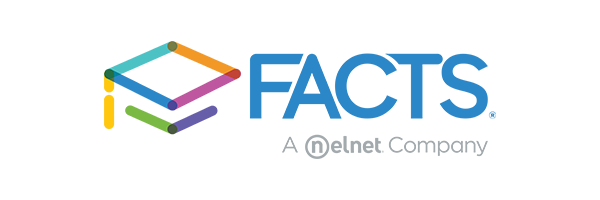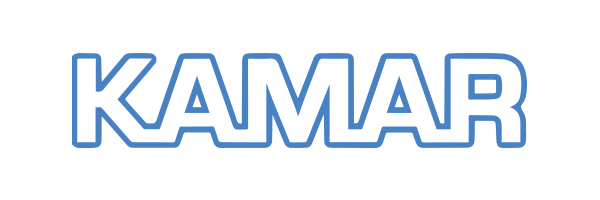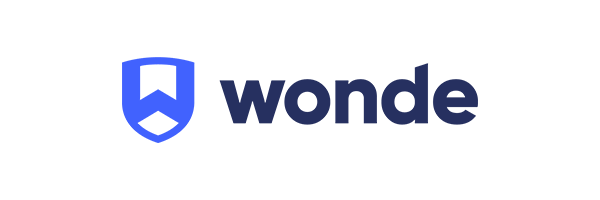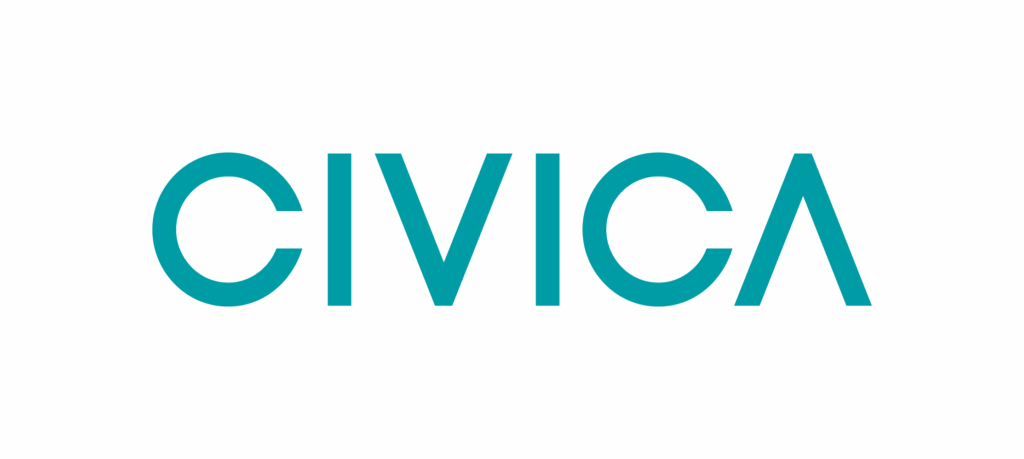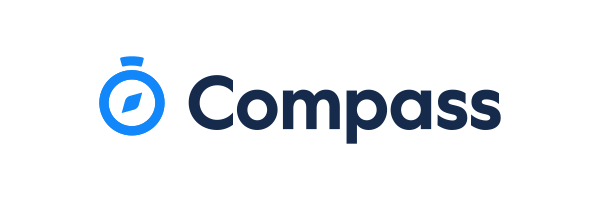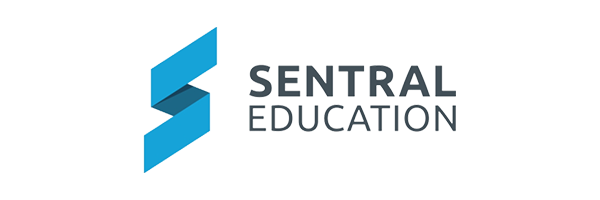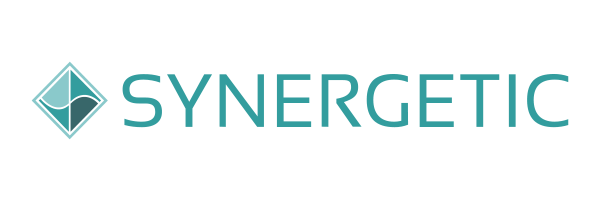Smarter learning tools for K-12 schools
The Schoolbox LMS (Learning Management System) is built for whole-school alignment, from the classroom to the leadership team. It connects curriculum, teaching, communication and wellbeing into one platform so your school can deliver consistent, student-centred learning across year levels, campuses, and curricula.
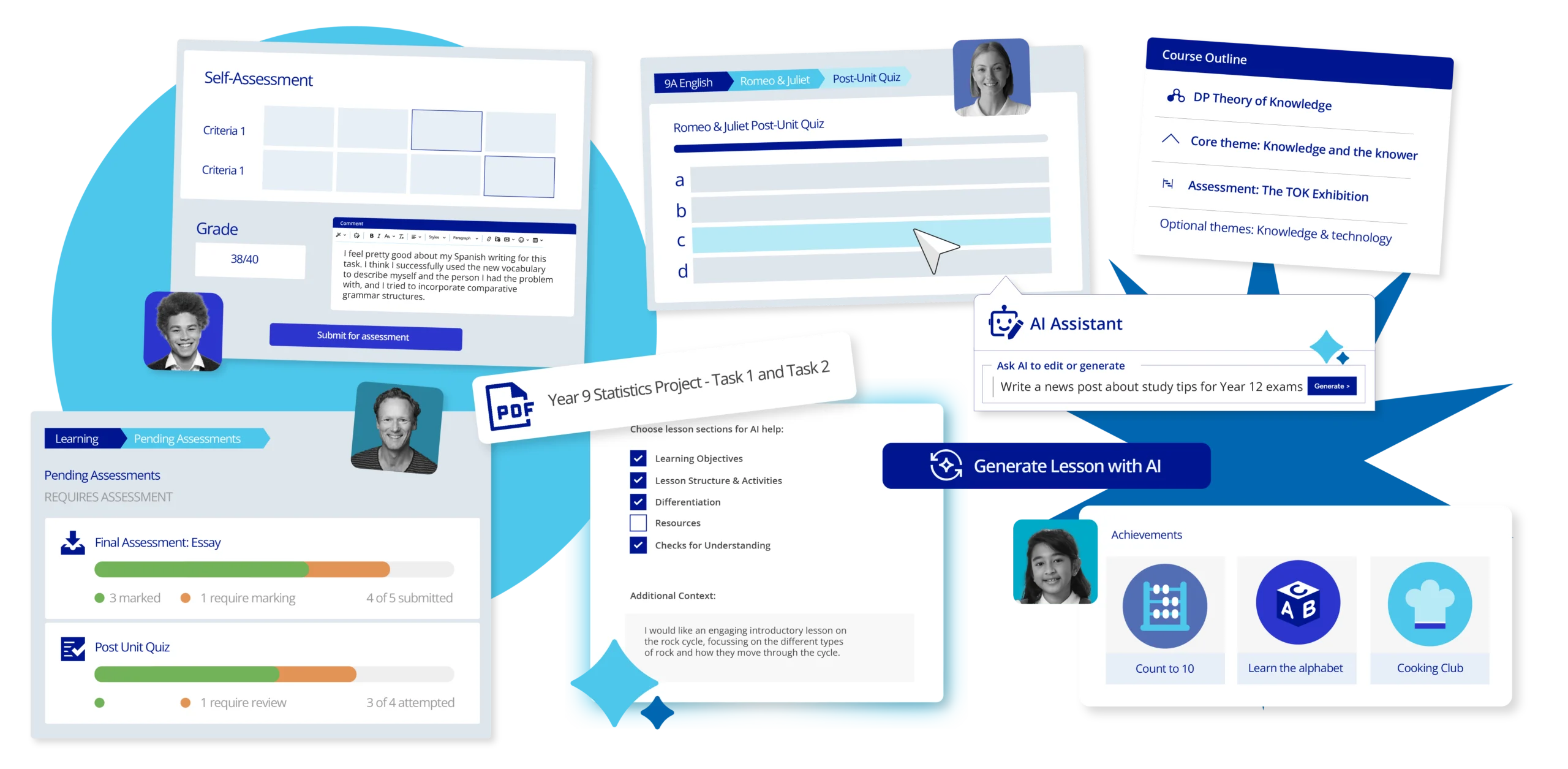
Curriculum, structured at scale.
Bring order, oversight and flexibility to every learning program.
Schoolbox helps leaders ensure curriculum is intentional, coherent, and visible without restricting teacher autonomy.
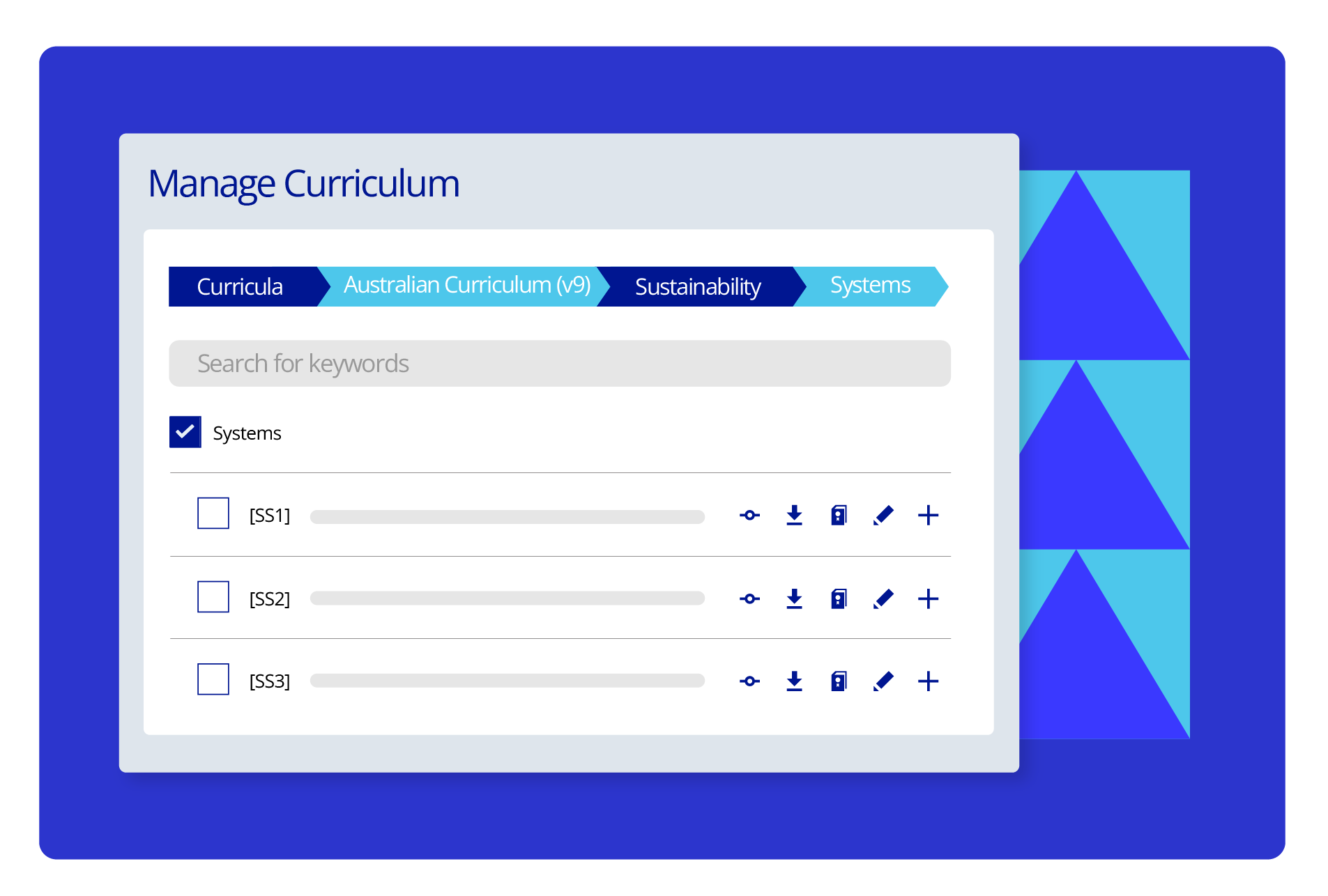
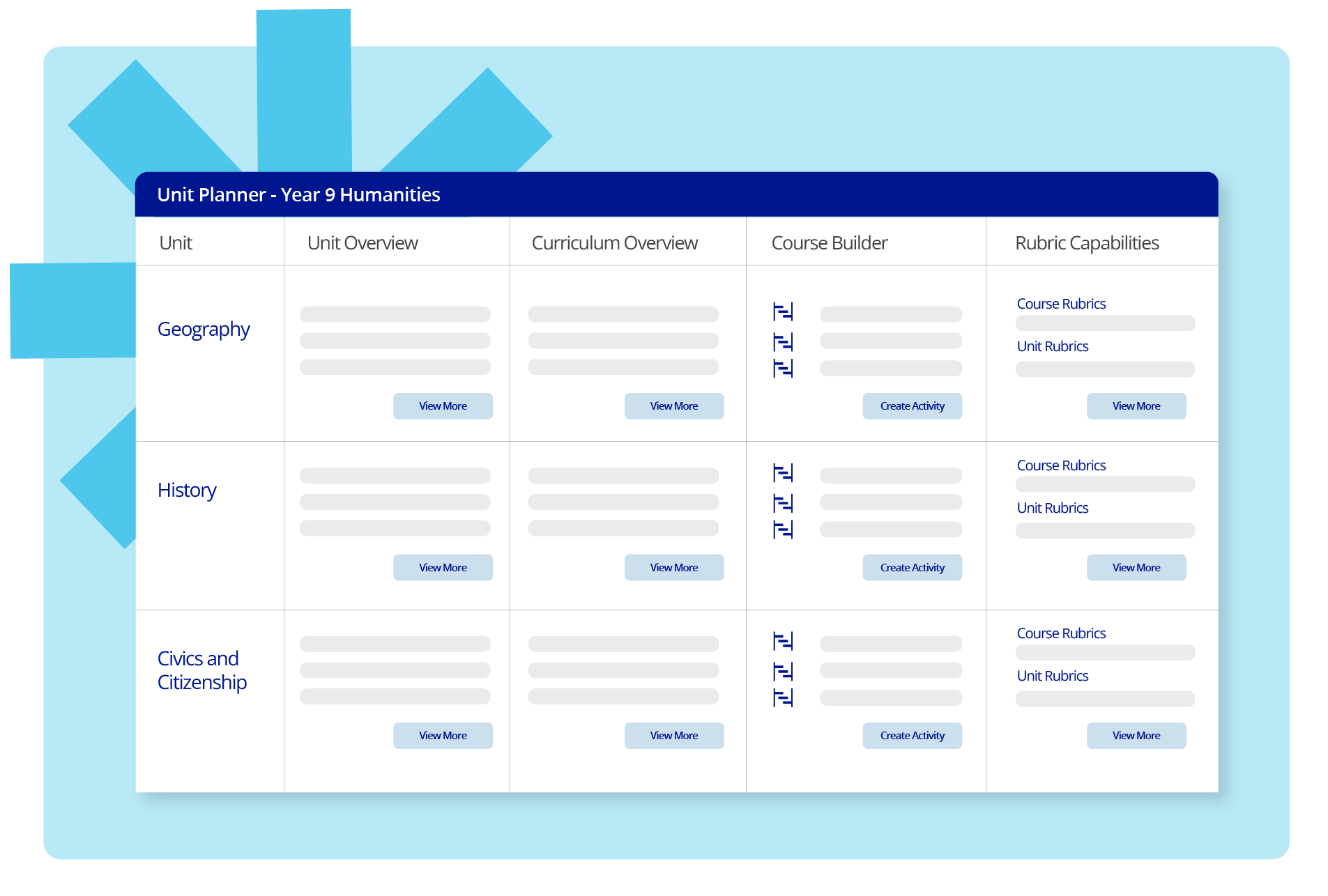
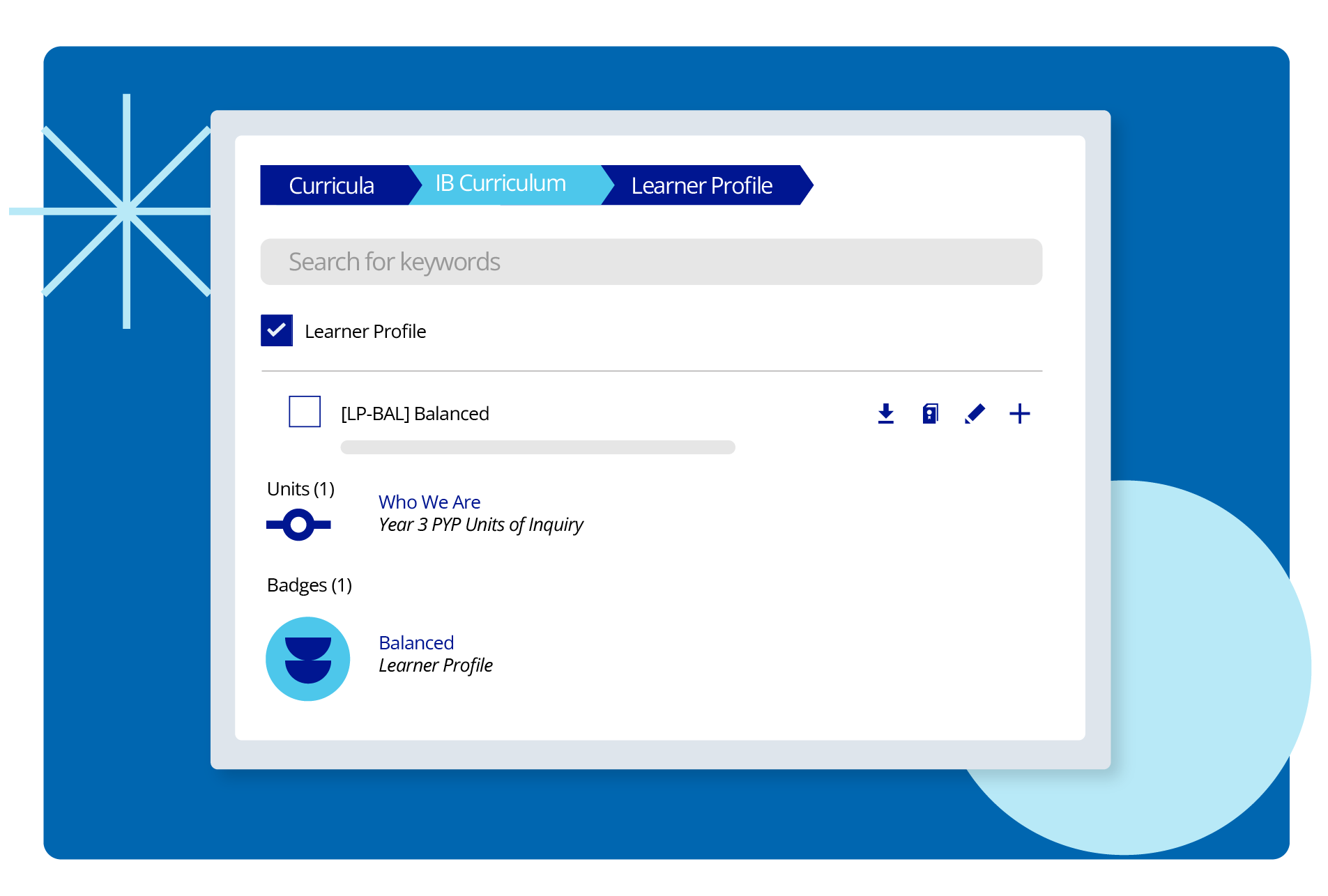
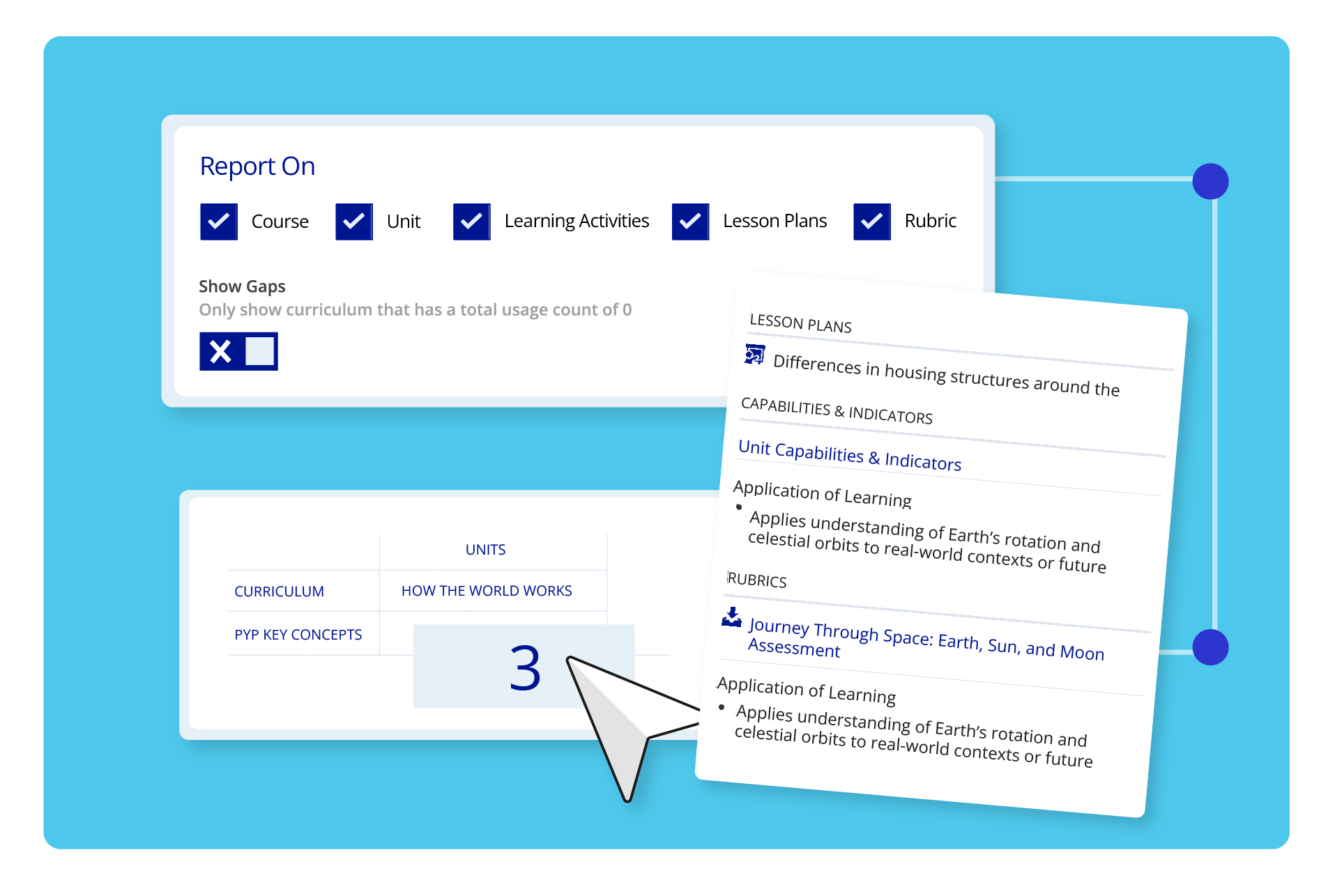
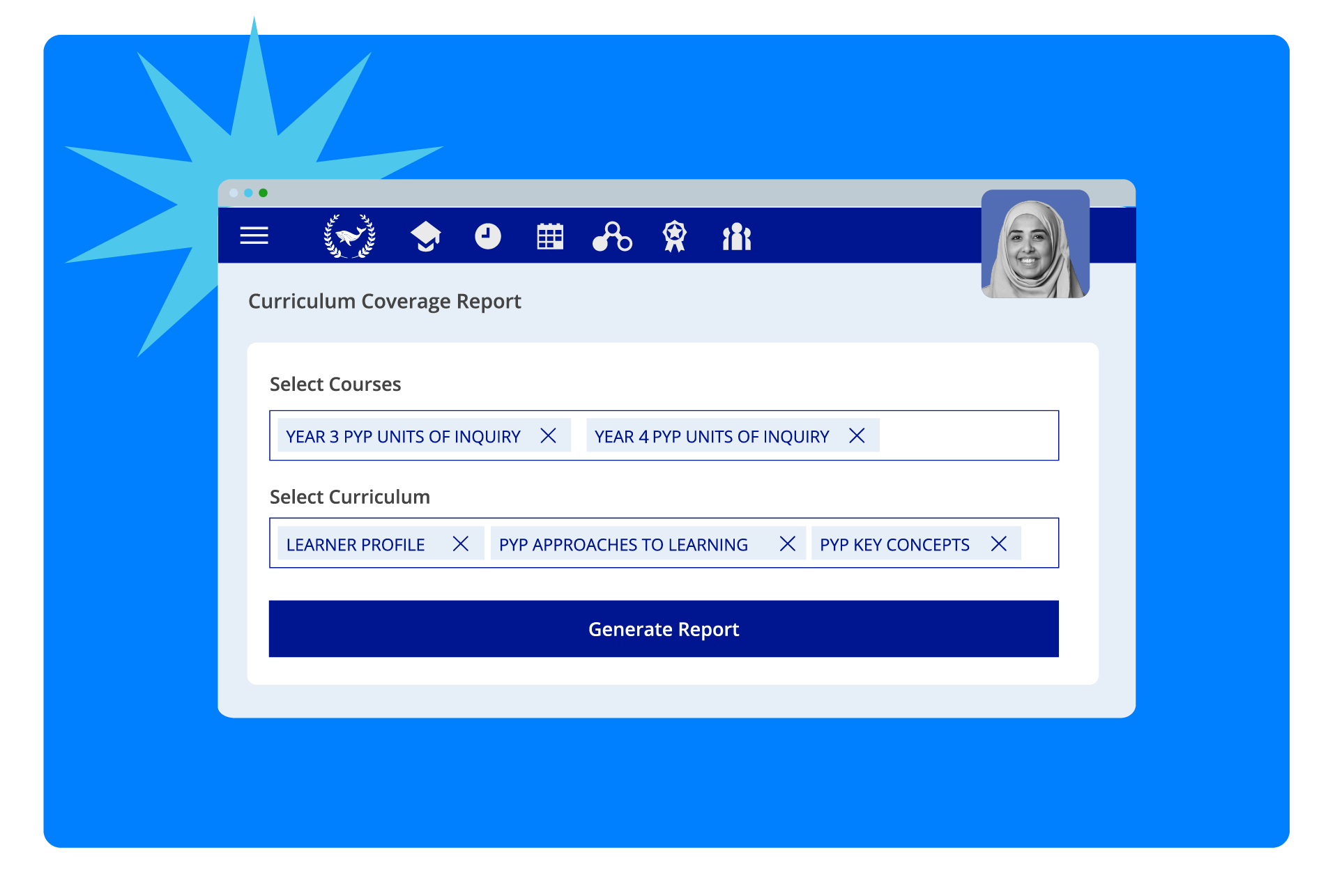
Empower teachers. Protect their time.
Schoolbox gives educators smart, reusable workflows that reduce duplication and simplify day-to-day teaching, while preserving the depth and quality of learning.
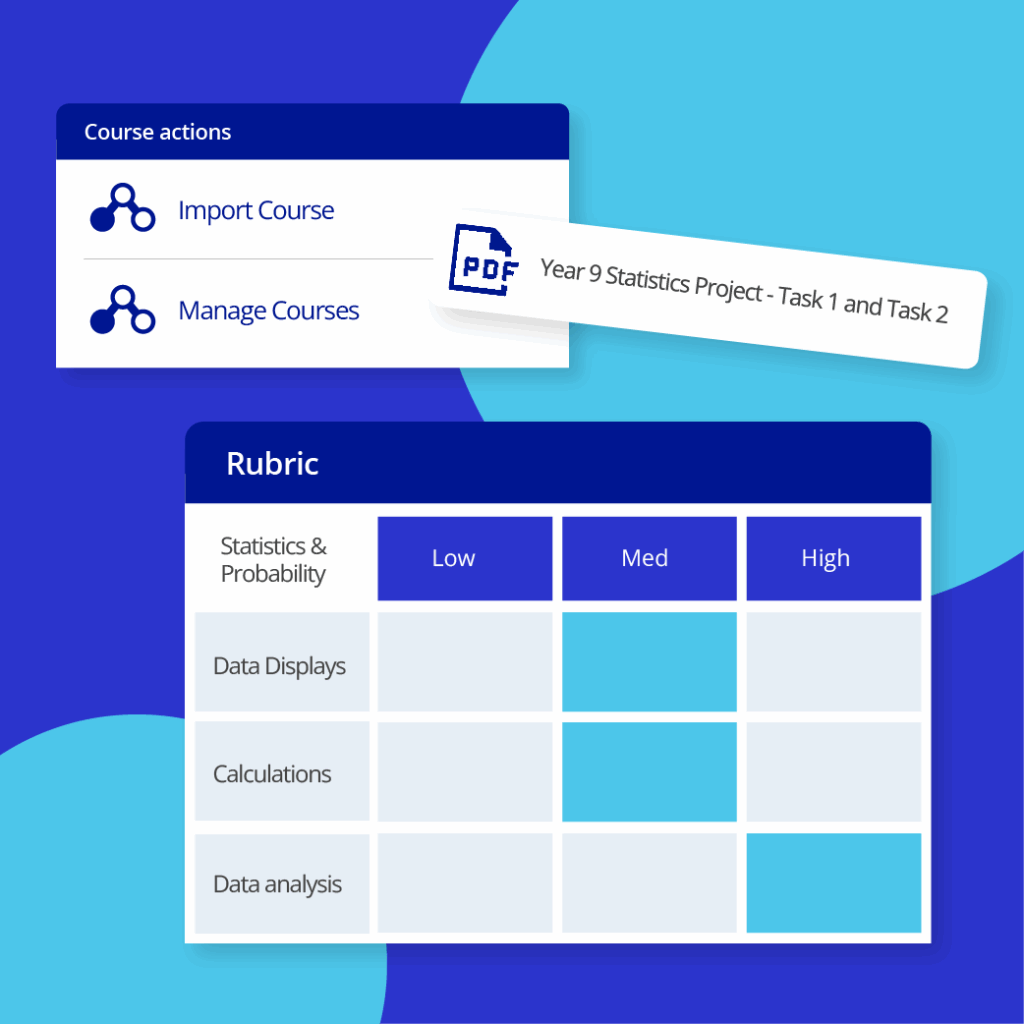
Reusable courses, tasks, and assessment templates.
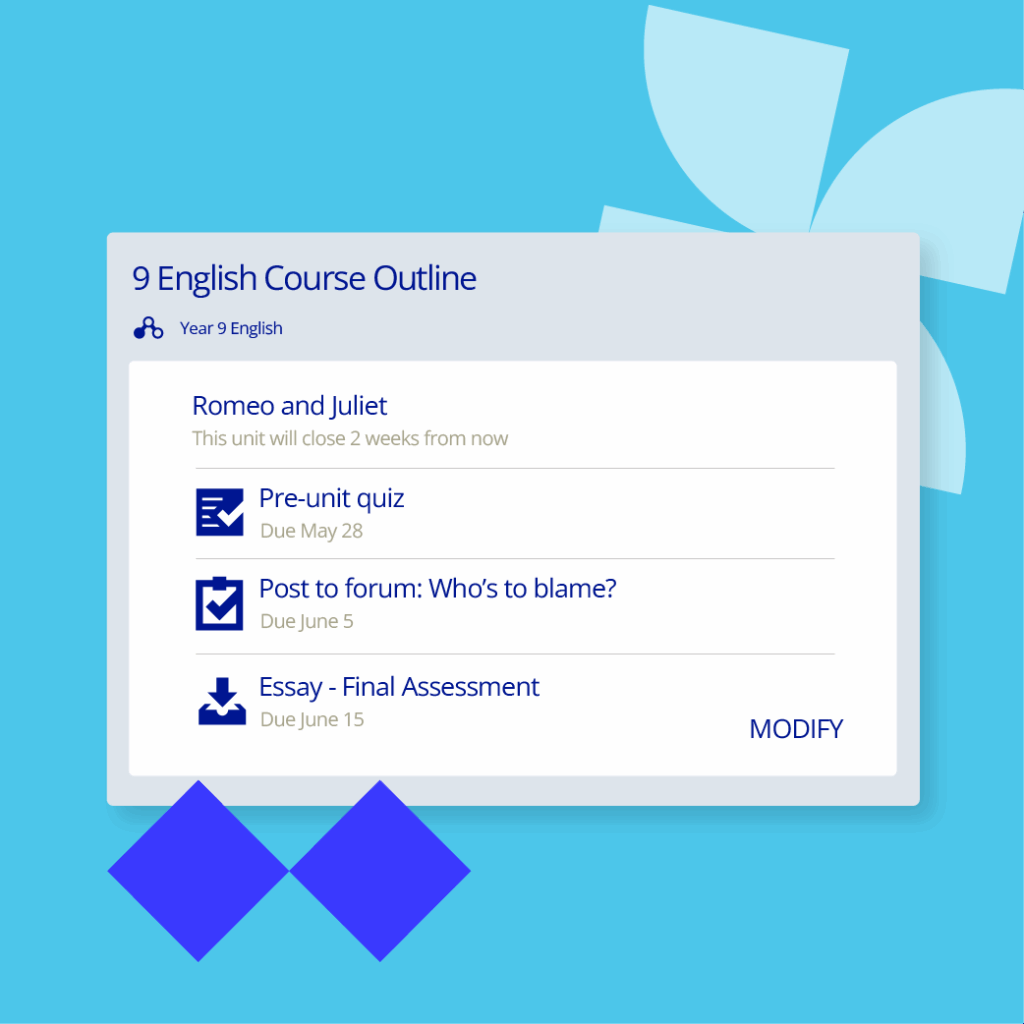
Smart scheduling for content and activities.
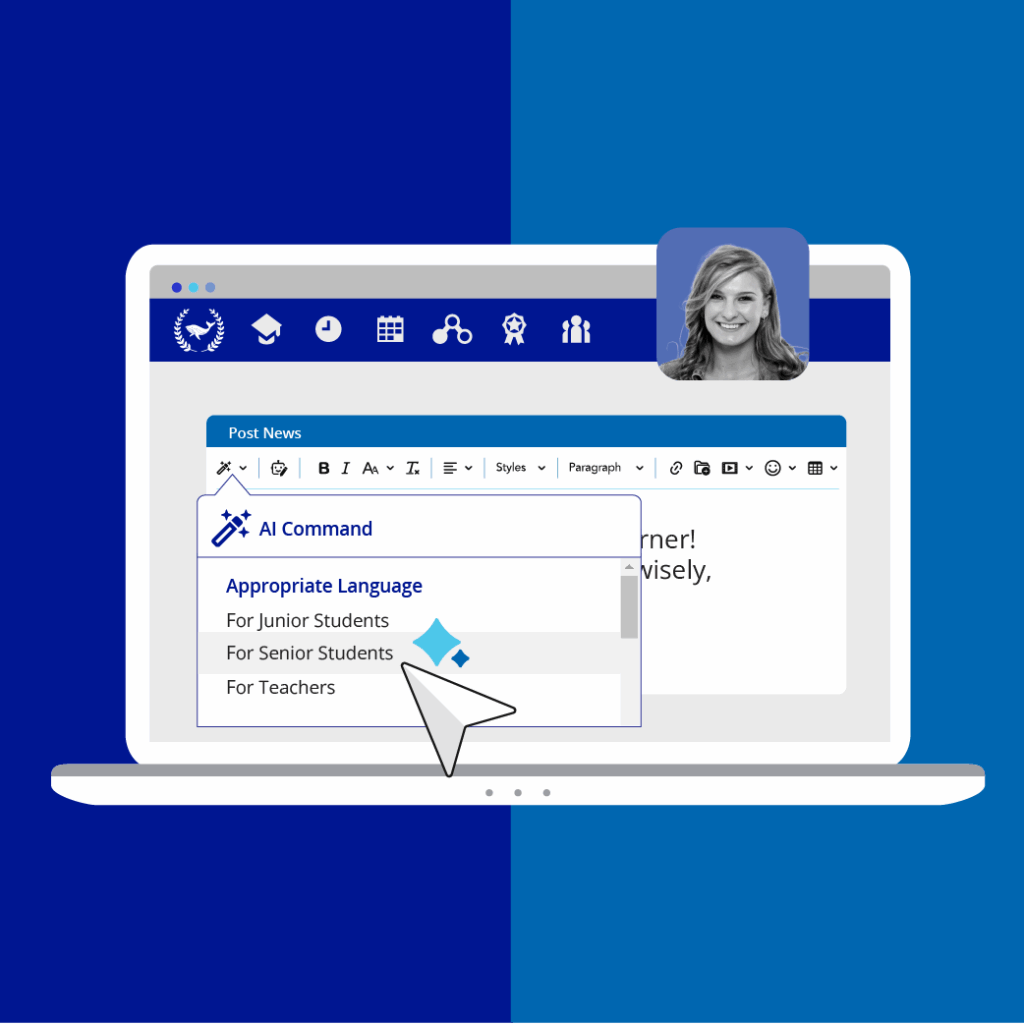
AI-assisted tools for task generation, sparking ideas, and planning.
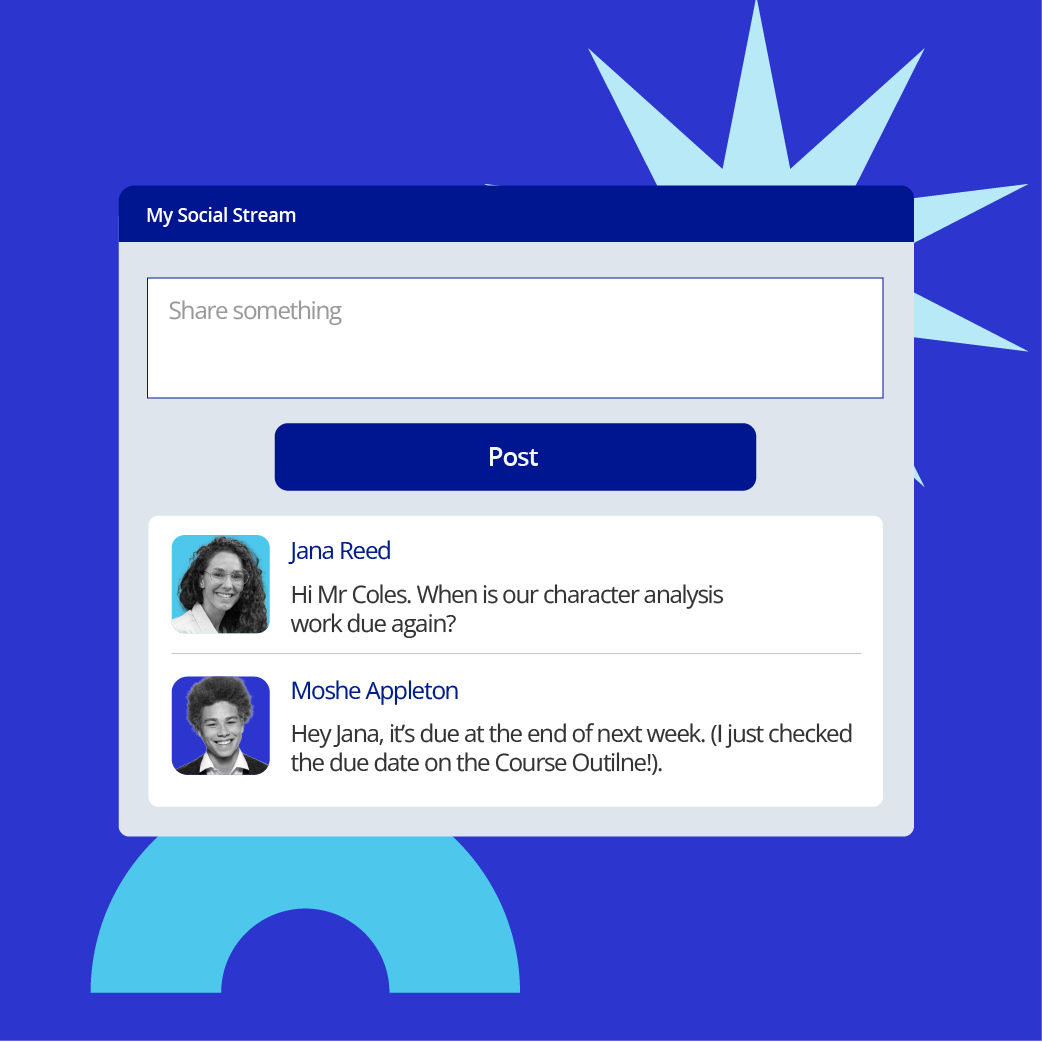
Embedded tools for classroom engagement (blogs, forums, learning journals).
Insight into every learner
Schoolbox surfaces the full picture of student experience and achievement. Academic, pastoral and behavioural insights are brought into one view, giving teachers and leaders a shared understanding of what students need next.
- Individual learner profiles with integrated pastoral data.
- Cohort and class-level dashboards.
- Role-based access controls to ensure data integrity.
- Completion and engagement tracking.
- Pulse alerts to identify risk factors early.
- Measure and celebrate key milestones.
Feedback that fuels improvement
Make feedback meaningful for students, families and leadership.
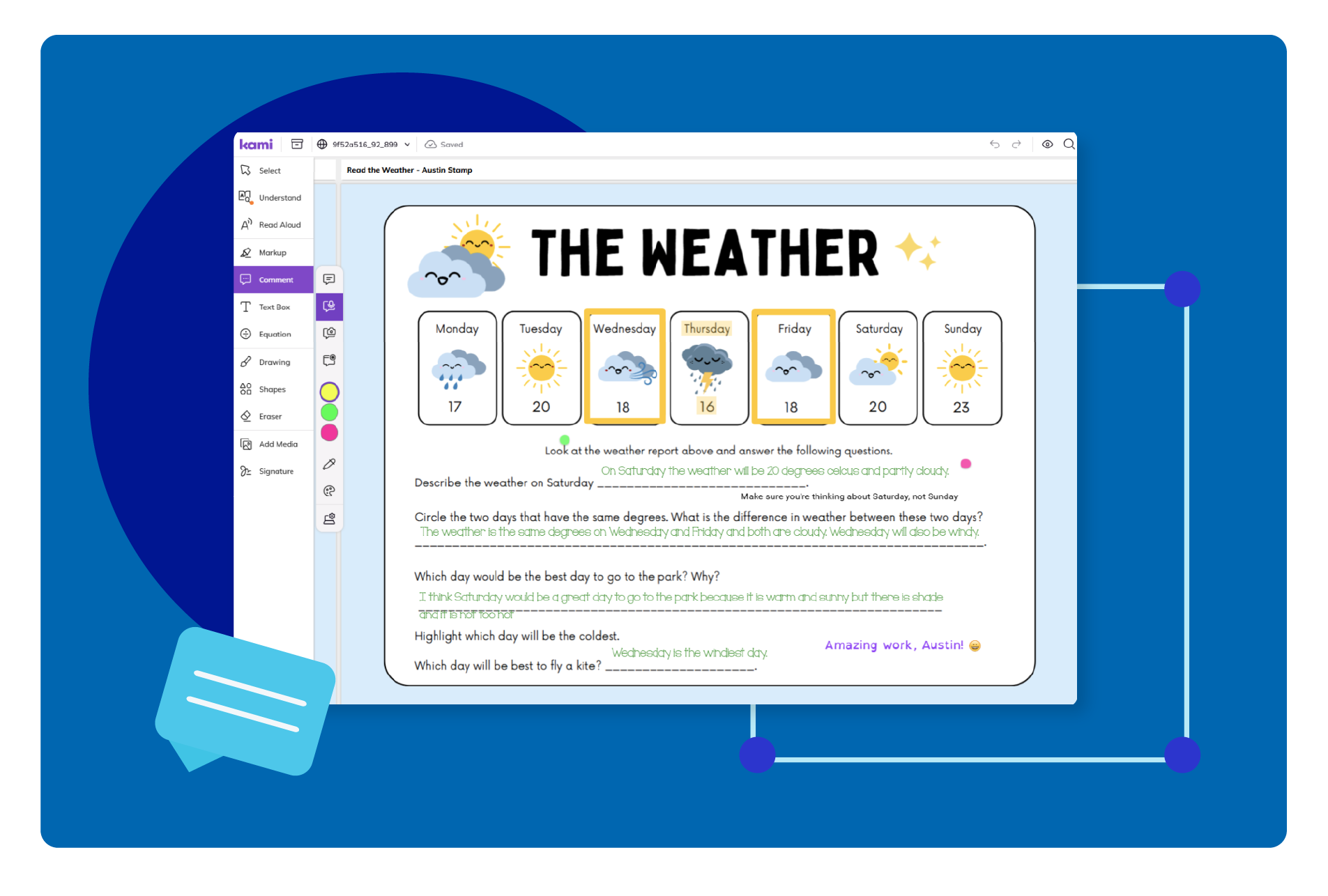
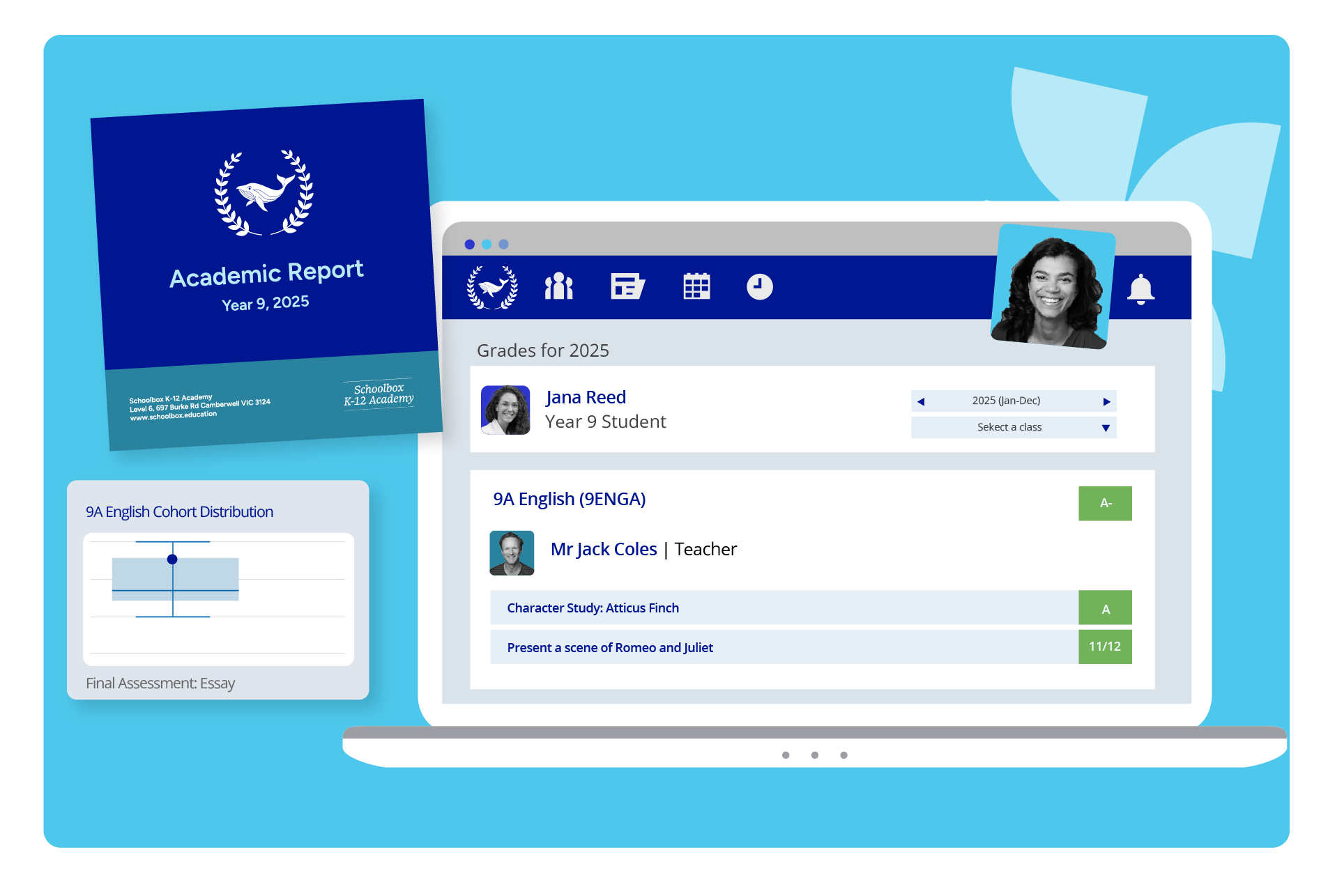
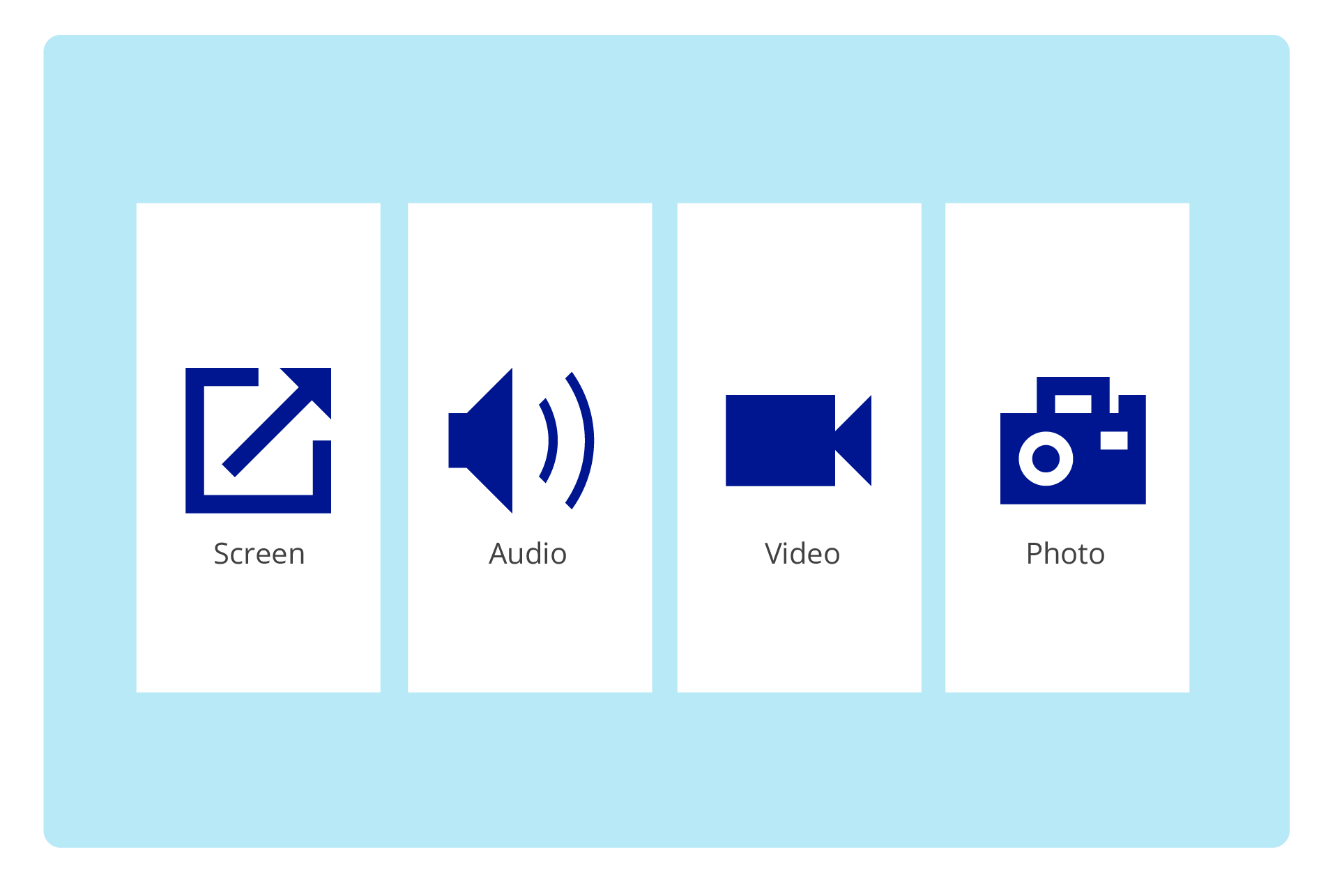
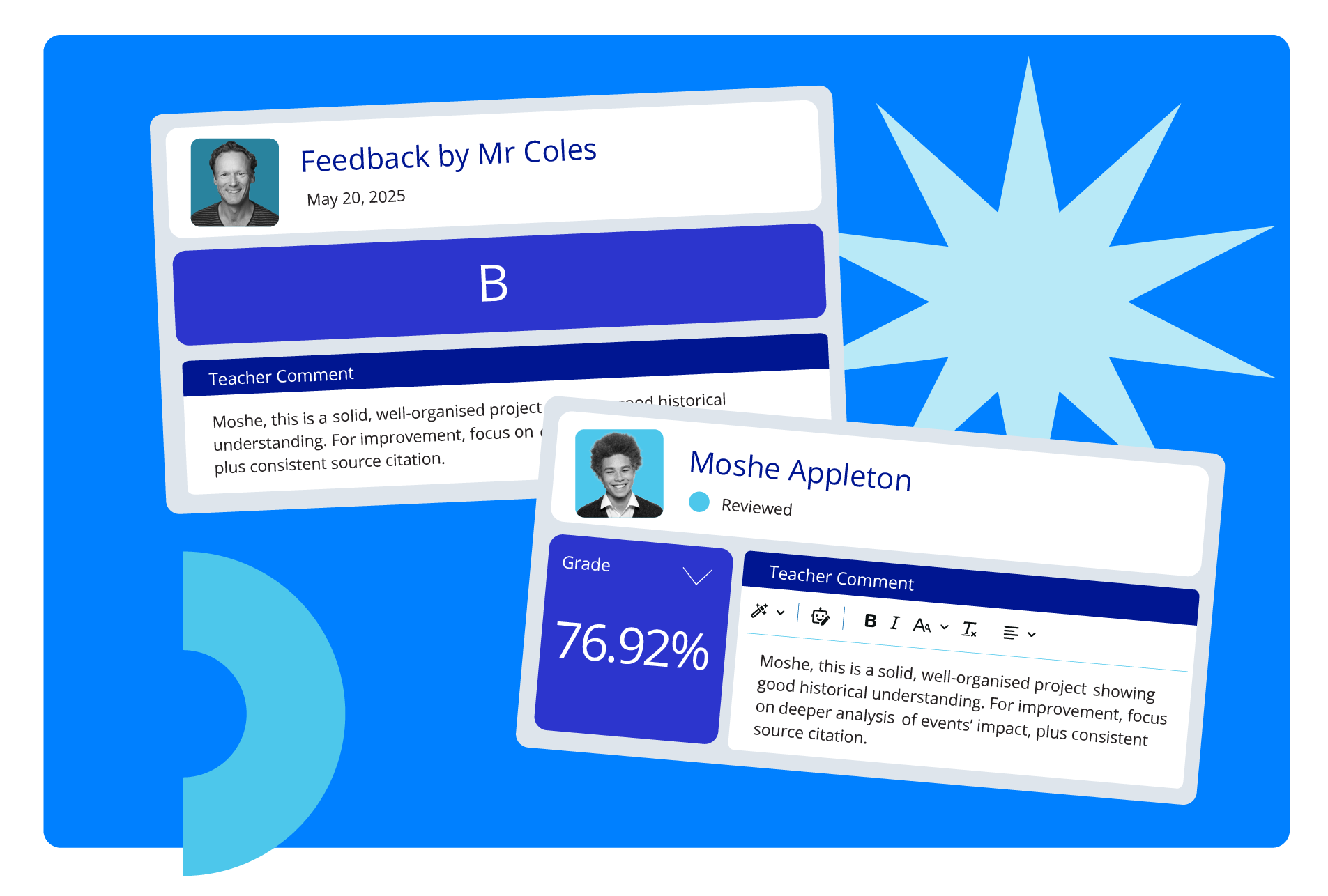
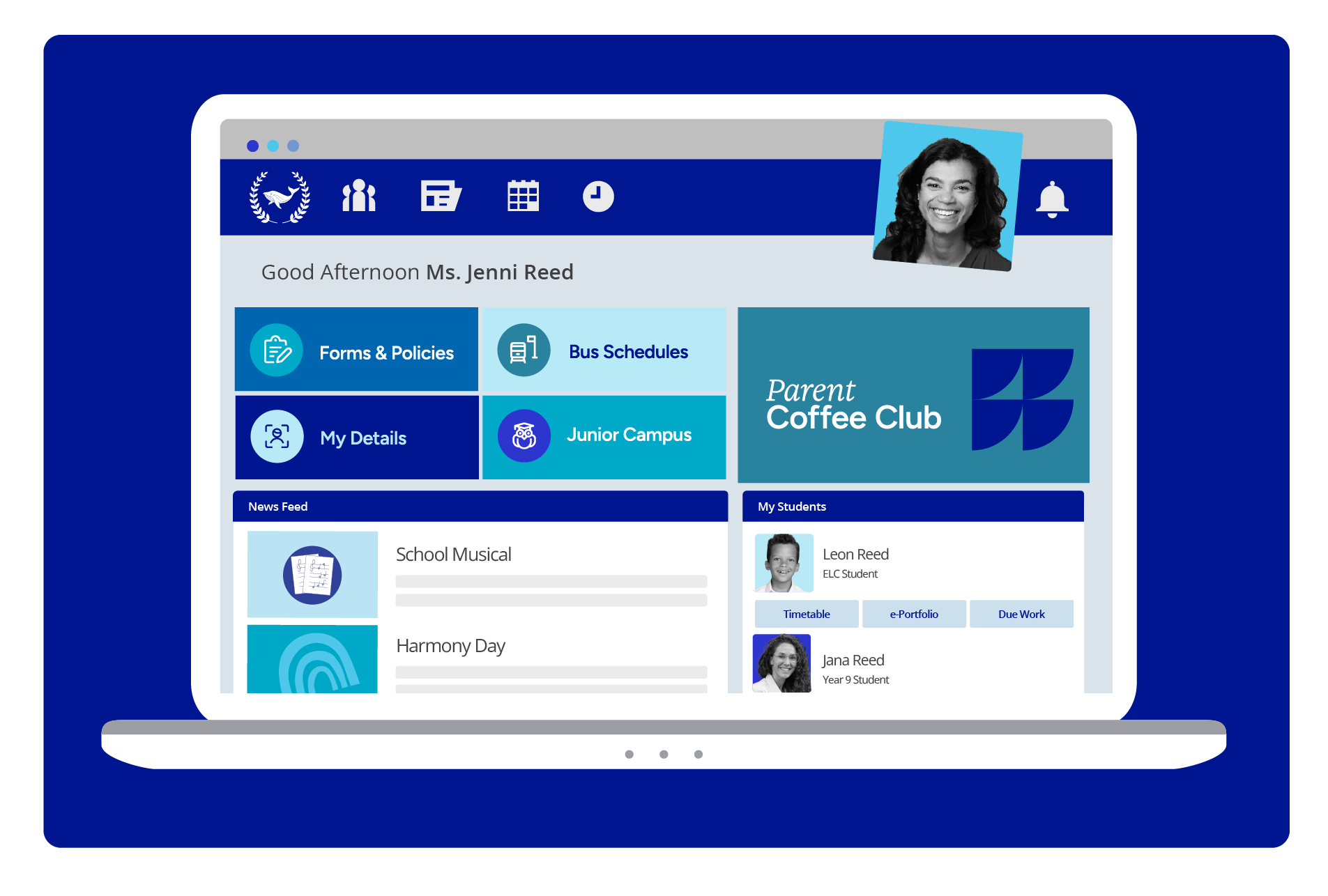
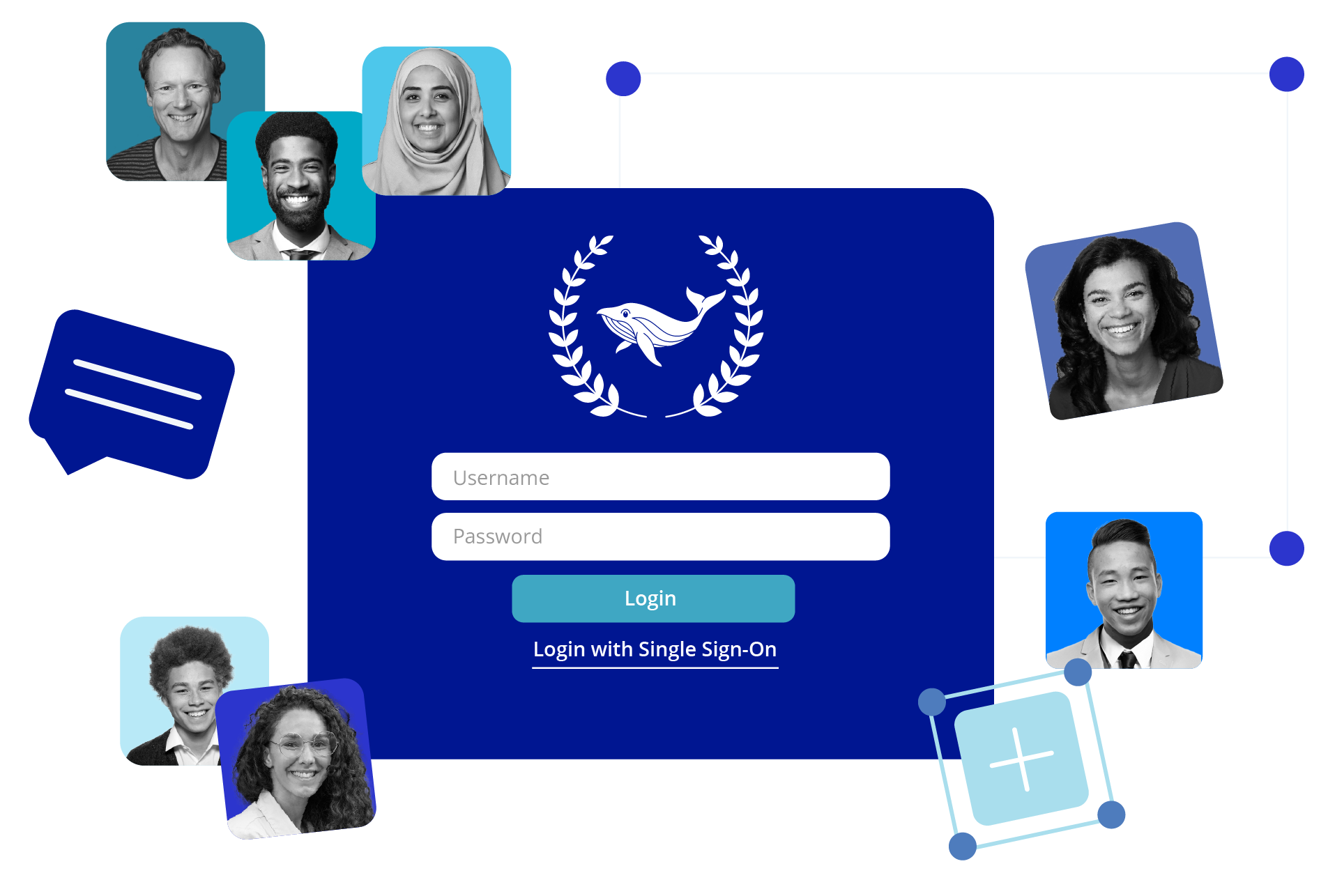
Connected by design
Schoolbox integrates seamlessly into your existing ecosystem, connecting your SIS, cloud tools and mobile environment into one trusted platform for staff, students and families.
- Single Sign-On and secure access.
- Native mobile and PWA app options.
- Deep integrations with preferred partner tools.
- Schoolbox-led solutions for workflows, events, and forms.
AI that respects the profession
Our approach to AI in our LMS is grounded in partnership with the education community. We use AI to enhance (not replace) the expertise of teachers, helping them save time while upholding the professional judgment that matters most.
Safe, scaffolded one-on-one AI discussions that deepen student thinking and give teachers clear learning insight.
Bring learning, wellbeing and adjustment needs together in one clear profile, with AI-assisted insights that help teachers personalise learning confidently and fairly.
Create or adapt images in seconds, directly within the Schoolbox platform.
Create consistent, creative lesson plans in seconds, saving time and boosting engagement across your school.
Generate, refine and translate content in seconds for newsletters, parent updates and student resources.
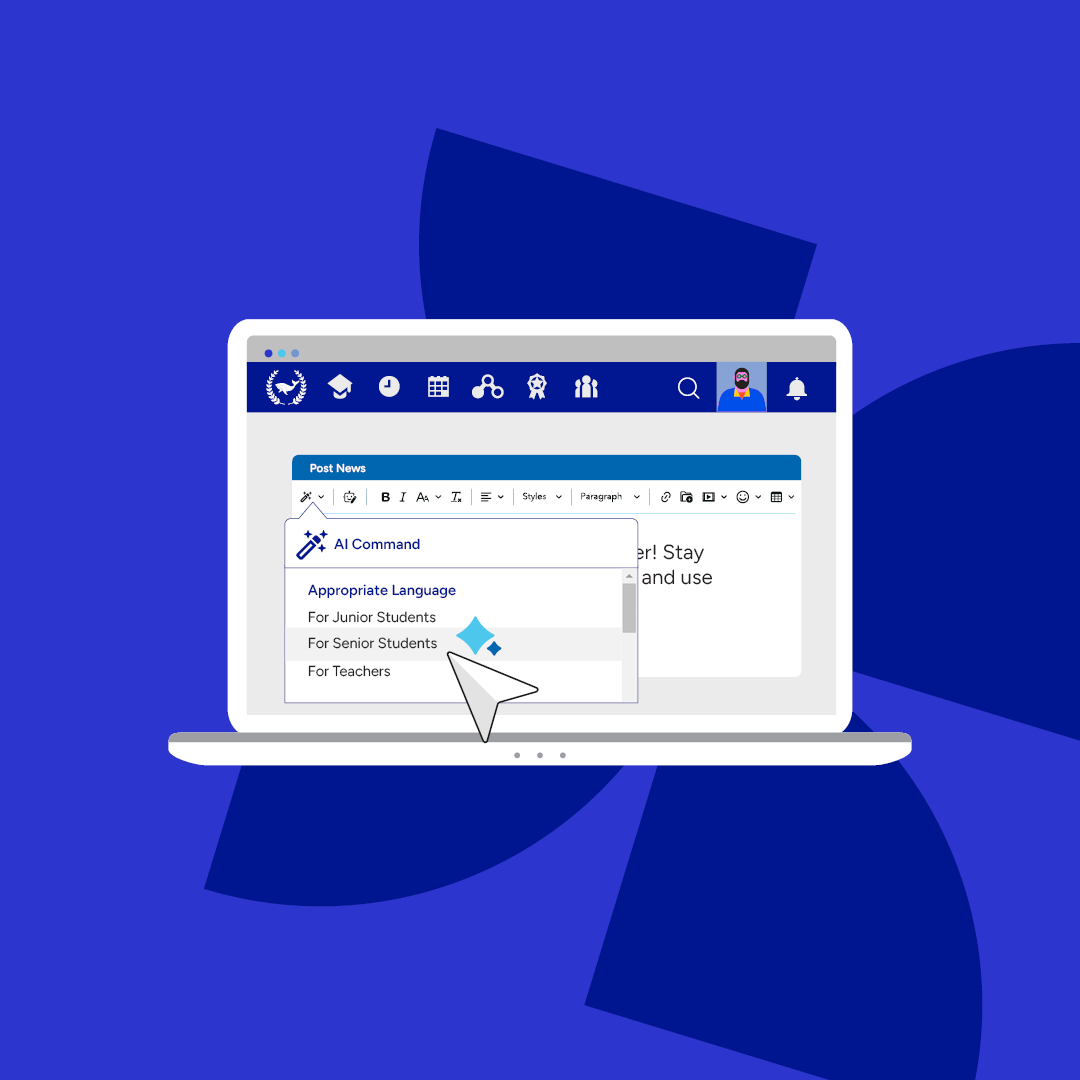
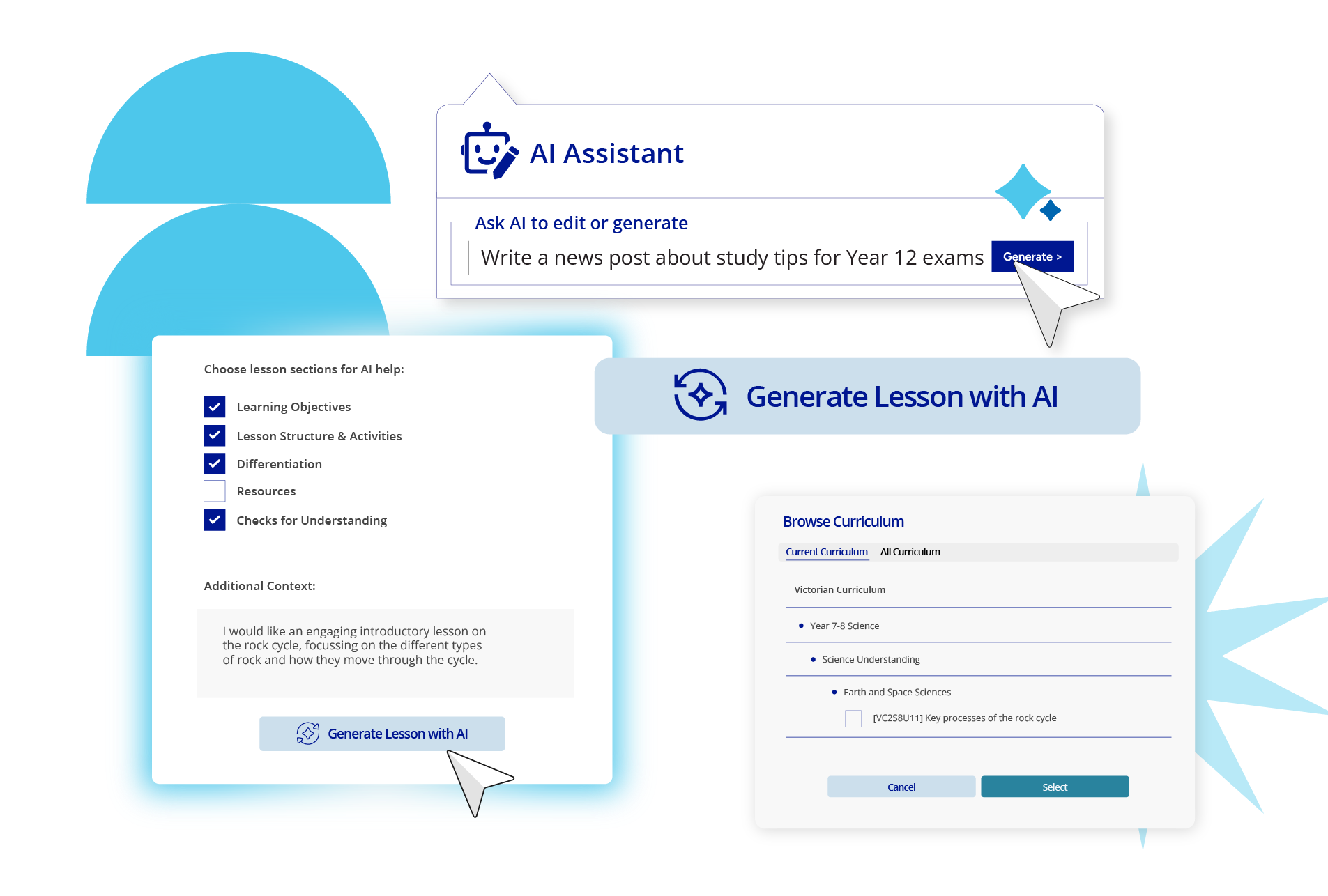
AI that respects the profession
Our approach to AI in our LMS is grounded in partnership with the education community. We use AI to enhance (not replace) the expertise of teachers, helping them save time while upholding the professional judgment that matters most.
- AI-assisted task generation and scaffolding.
- Prompt libraries for reflection, feedback and planning.
- Transparent use, aligned with school values and policy.
An LMS purpose-built for K-12 complexity
Adaptable for your structure, scalable for your future.
Whether you’re a single campus, a growing multi-site school or an international organisation, Schoolbox gives you the tools to stay aligned, agile and student-focused at every stage.
Built for K–12: from early years through senior school.
Multi-curriculum and multi-campus capable.
Custom roles, permissions and reporting structures.
Localised to your country, language, calendar and grading model.
1 in 3 schools have been with us for 10+ years



One platform. Every learner.
The Schoolbox LMS gives you the clarity and cohesion to lead with confidence, today and into the future.

